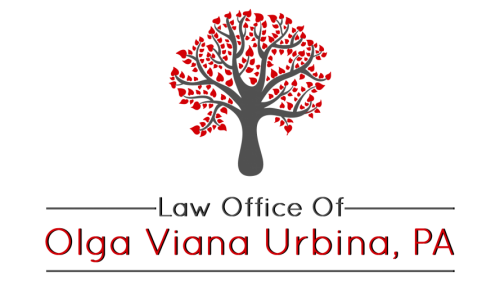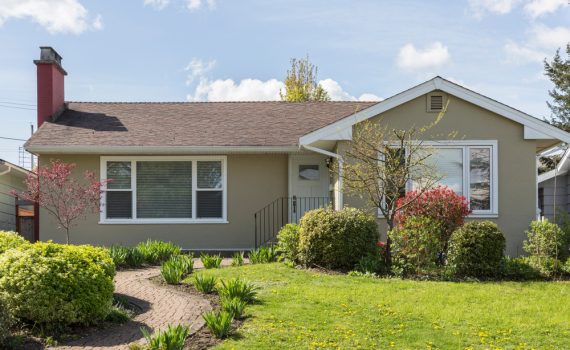Trust protectors -- long popular in offshore trusts set up by high rollers -- are now gaining popularity in trusts established here in the U.S. by less affluent folks. . .
Estate Planning
We all know we are supposed to do estate planning, but not all of us get around to it. So what happens if you don't have a will when you die?
If you create a trust, you will need a separate person or institution, called a "trustee," to manage the trust either now or in the future, depending on the type of trust.
Some parents, fearful of how a large inheritance will affect their heirs, set up what are known as “incentive trusts” that ensure that the trust funds support positive behavior and discourage unproductive activities.
When one sibling is named in a power of attorney, there is the potential for disputes with other siblings. No matter which side you are on, it is important to know your rights and limitations.
Siblings do not always receive equal shares of a parent's estate. Sometimes the inequality is intentional and sometimes it is accidental. Regardless of how it happens, it can cause arguments among the children.
Even if you've created an estate plan, are you sure you included everything you need to? There are certain provisions that people often forget to put in in a will or estate plan that can have a big impact later on.
When leaving a home to your children, you can avoid probate by using either joint ownership or a revocable trust, but which is the better method?
The benefits of a highly detailed, comprehensive power of attorney are numerous. Unfortunately, many powers of attorney are more general in nature and can actually cause more problems than they solve, especially for our senior population. A proper starting point is to emphasize that the proper use of a power […]
Social Security survivor's benefits provide a safety net to widows and widowers. But to get the most out of the benefit, you need to know the right time to claim.










